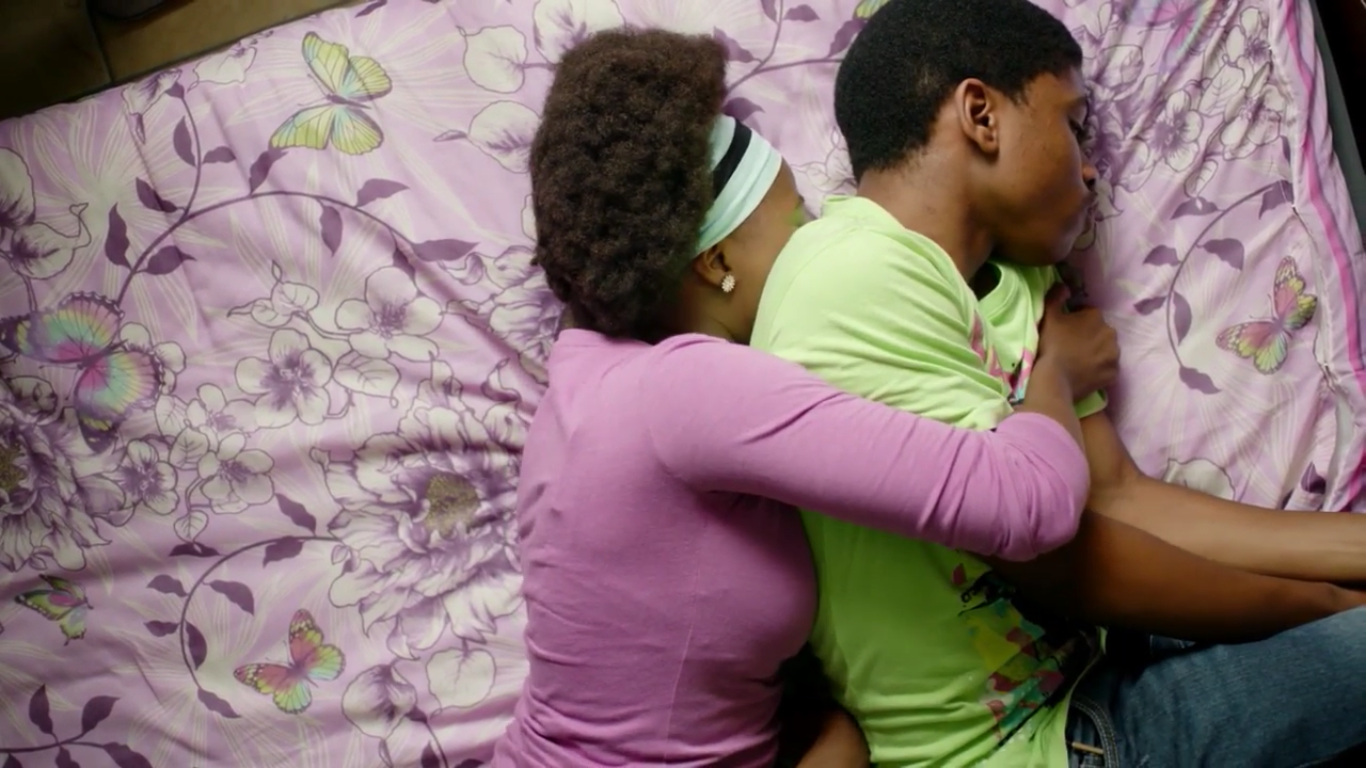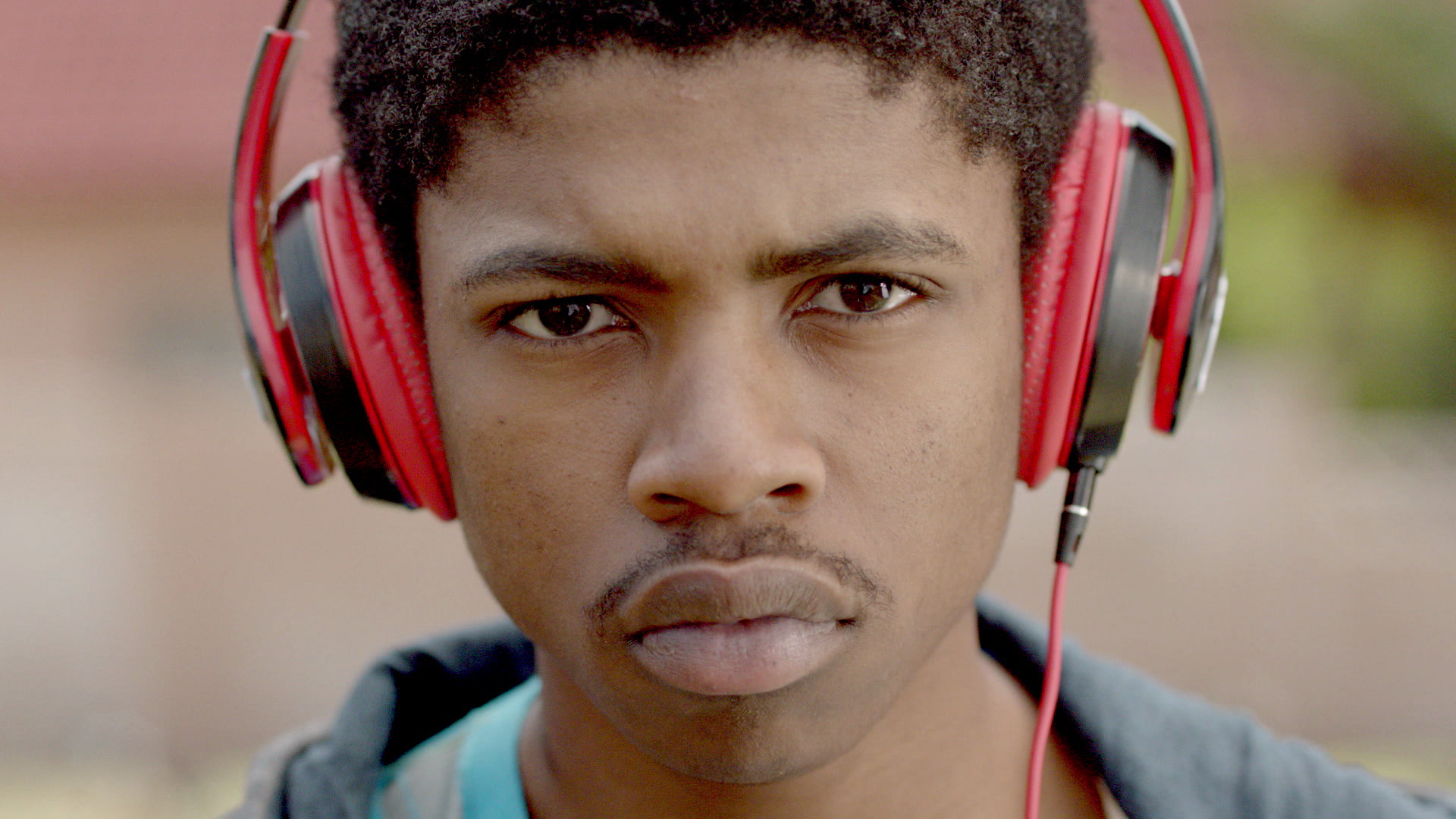Written by Georgia Arnold, executive director and founder of the MTV Staying Alive Foundation, and executive producer of the award-winning “edutainment’ campaign, MTV Shuga.
MTV Shuga is a 360 mass media campaign that uses the power of entertainment to generate positive sexual and reproductive health outcomes amongst young people. At the core of MTV Shuga is a TV drama, which follows the lives of a group of young friends as they encounter sexual, social, and educational challenges throughout their adolescent years. Following on from two seasons in Nairobi and another two set in Lagos, the fifth season has been produced in South Africa for the very first time.
The issue of HIV and AIDS among young people is as important today as it has ever been. Every day, 1,300 adolescents around the world are infected with HIV.
In the run-up to National Youth HIV & AIDS Awareness Day on April 10, we are reminded of the need to challenge the stigma surrounding HIV and AIDS and empower young people to take charge of their sexual and reproductive health. One of the ways we can achieve this is by breaking down the taboos surrounding adolescent sexuality.
Across many countries in the world, the idea of sexual activity among young people carries strong negative connotations. Accurate and judgement-free conversations with young people about sexual behaviors or safe sex practices are few and far between, meaning that many teenagers are uninformed and misguided when it comes to sexual health.

Photo Credit: MTV Shuga
This is particularly true in the case of the lesbian, gay, bisexual, transgender, and queer (LGBTQ) community who, in the rare cases where information on sex and sexuality are provided, are often entirely ignored or are described as wrong.
Holding open, in-depth, and inclusive discussions about sexuality is imperative in our efforts to reduce HIV transmission and ensure that those living with HIV have access to care. Such conversations allow us to break down rigid norms attached to young people’s sexual behavior and sexual orientation.
This represents the first, and most important step, in ensuring that all young people feel able to access the necessary information and sexual health services available. After all, you can’t get information that protects you from HIV if you are afraid that your questions about your sexual behavior will be met with discrimination and disdain from your health care provider.
As part of our work on MTV Shuga, we aim to challenge harmful norms by fusing hard-hitting entertainment with important social, sexual health, and educational principles. In our latest series set in South Africa, a new character Reggie – who is trying to understand his own sexual orientation – represents the medium through which LGBTQ messaging and HIV information can be successfully merged.
In Africa, where MTV Shuga is primarily broadcast, most countries have anti-homosexuality legislation and members of the LGBTQ community are often marginalized. Even in South Africa, where LGBTQ rights are legally enshrined, 55% of LGBTQ people live in fear of discrimination because of their sexual orientation. These data emphasize the need to talk about and create empathy for the “Reggies” of this world, but in a way that is carefully produced to maximize our potential impact.
This is a particularly complex endeavour as we broadcast in countries where LGBTQ storylines are not permissible. Although we cannot change existing laws, we can traverse state borders through our mass-media approach. Making use of digital platforms, such as YouTube, has allowed us to reach those living in places where LGBTQ stories are rarely told, and circumnavigate broadcasting regulations.
Young people face so many challenges throughout their formative years; the added burden of hidden sexual orientation has adverse implications for their health and well-being. We need to create safe spaces where all young people are free to explore who they are, including their sexual orientation, and get the information they need to live healthy and productive lives. While our approach may vary depending on the environment, the end-goal must always remain the same: to challenge harmful norms and affect a positive change in all young people’s sexual lives. Incorporating LGBTQ messaging in a sexual health context is an important way to realize this goal.
For more information on the important work being carried out in the LGBTQ community in South Africa, ANOVA and OUT represent two leading organisations in this field. These groups promote the need to incorporate HIV information with LGBTQ messaging as a means of generating positive sexual health outcomes among South Africans.

